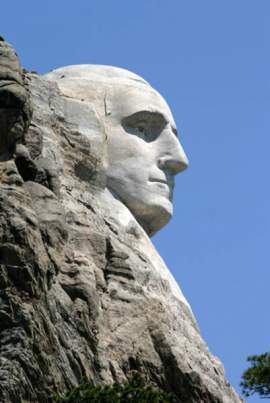
Northern Securities Co v. United States

Popular In Constitution
Purpose Of Lifetime Appointment And Pros And Cons Enumerated Powers Bicameral Legislature Background Article 3 Of The Constitution We The People 1st Amendment Who Wrote The Constitution Judicial Review Equal Protection Clause 5th Amendment 10th Amendment Three Fifths Compromise
The ruling of Northern Securities Co. v. the United States was an important judicial decision regarding antitrust law. Justice John Marshall Harlan wrote the decision for this case.
In Northern Securities v. the United States, the Supreme Court held that the Northern Securities Company was operating as a monopoly and ruled to dissolve it. This decision strengthened the power of the Sherman Anti-Trust Act and broadened the interpretation of the Constitution's Commerce Clause. The purpose of the Sherman Act is to limit the use of monopolies, which hinder competition between companies.
Prior to this ruling, which occurred under the presidency of Theodore Roosevelt, many politicians were hesitant to enforce this law. The Northern Securities Co. v. United States decision was the first significant application of this Act.
The Northern Securities Company was a trust formed in 1902 by E.
H. Harriman, James Hill, J. P. Morgan, and John D. Rockefeller, that owned and
operated several of the major railways in the United States. Before this
company was created, Hill, who was in control of the Great Northern Railway,
and Harriman, who owned the Northern Pacific Railway, battled to gain control
of the Burlington line that would allow each of their rails access to Chicago,
Illinois. Hill and Harriman waged a war to buy out the most shares of the
Burlington Railroad's stock and, as a result, ended up significantly increasing
the purchase price of railroad stock.
As a means to resolve the
conflict, the men formed the Northern Securities Company as a monopoly that
controlled the Great Northern Railway, the Northern Pacific Railway, the
Burlington Railroad, and several others. Once the public became aware of the
monopoly, a plan by President Roosevelt followed quickly to file suit against
the Northern Securities Company.
The Court held that the existence of the Northern Securities
Company eliminated the competition between the companies that formed it and,
consequently, eliminated the ability of other similar companies to compete with
the monopoly. The Court found that the formation of this company was in fact
intended to eliminate competition and it was, therefore, ordered to dissolve.
The Court was operating based on the Commerce Clause of the United States
Constitution.
The Commerce Clause states that
Congress has the power "to regulate Commerce with foreign Nations, and
among the several States...". This is what gives the Supreme Court power
to dissolve any company that they determine to be a monopoly. The Supreme Court
Justices found that the actions of the
company were unreasonable enough that it constituted a monopoly.
Congress applied a broad interpretation of the Commerce
Clause in the Northern Securities Co. v. United States decision. Theodore
Roosevelt was the first politician to strictly enforce the Sherman Anti-Trust
Act and gave others the ability to do so. After this decision, several other
cases appeared before the Supreme Court that were similar in circumstances. The
Northern Securities case formed a precedent, and these cases were given similar
rulings.
NEXT: Plessy v. Ferguson





















